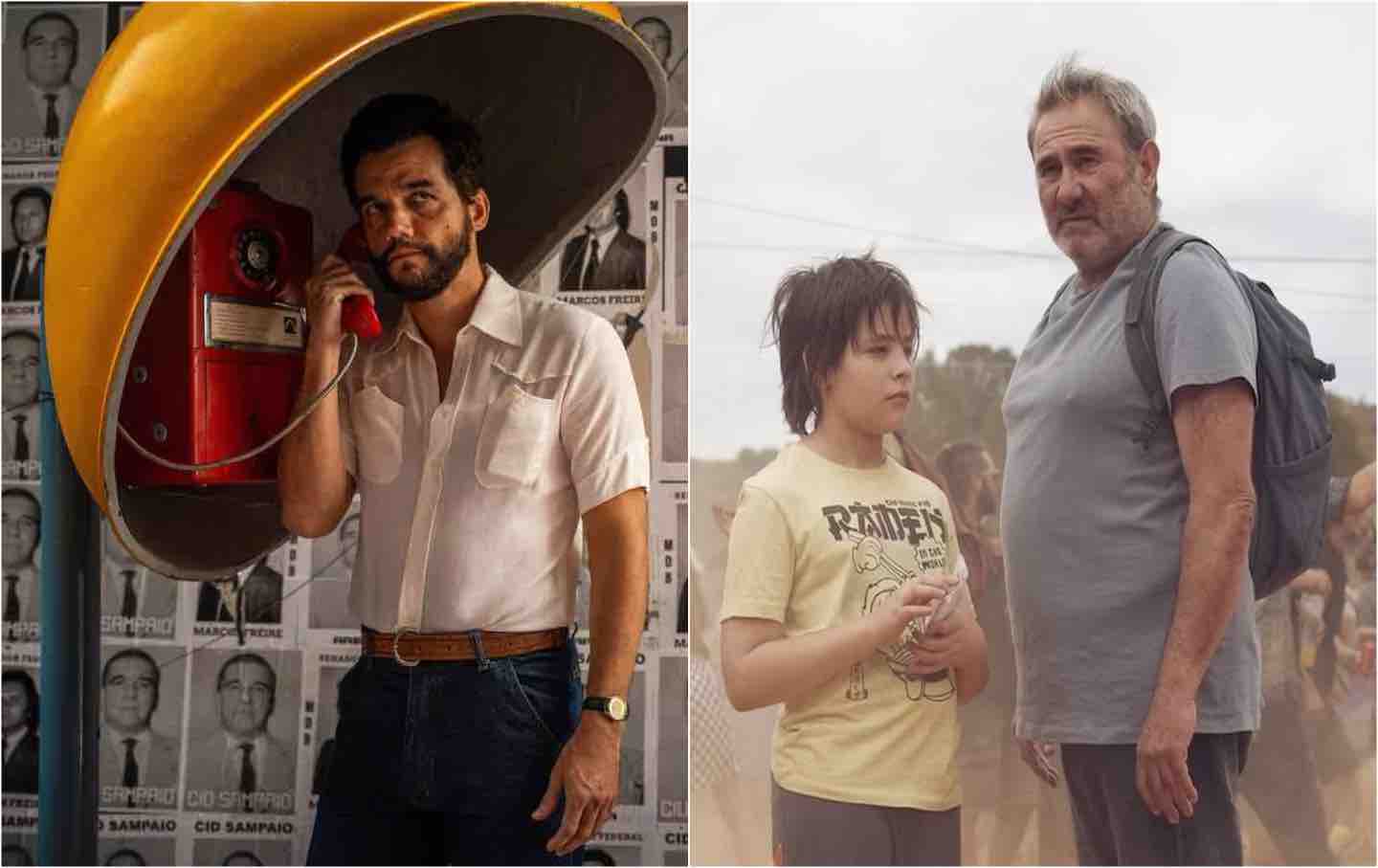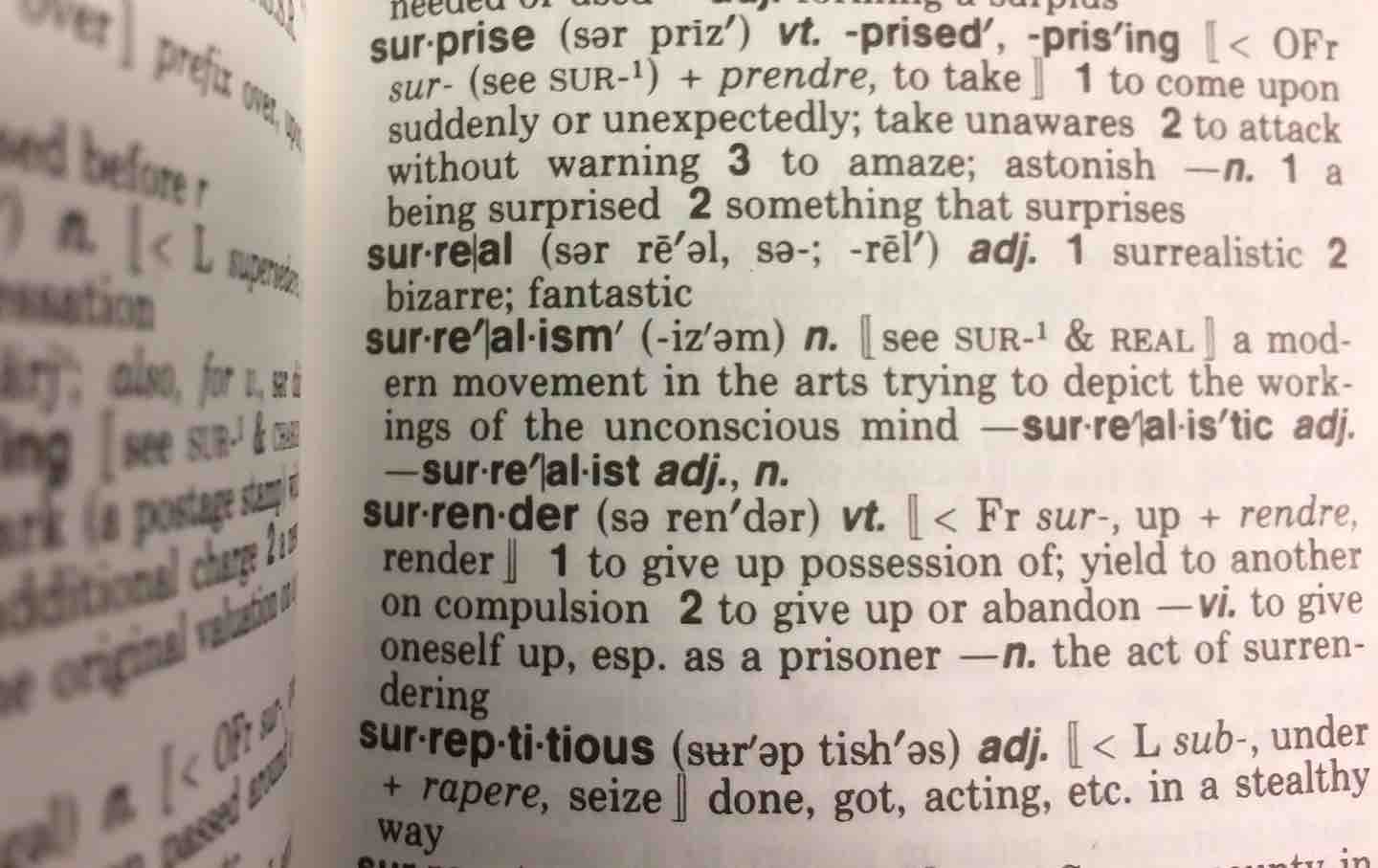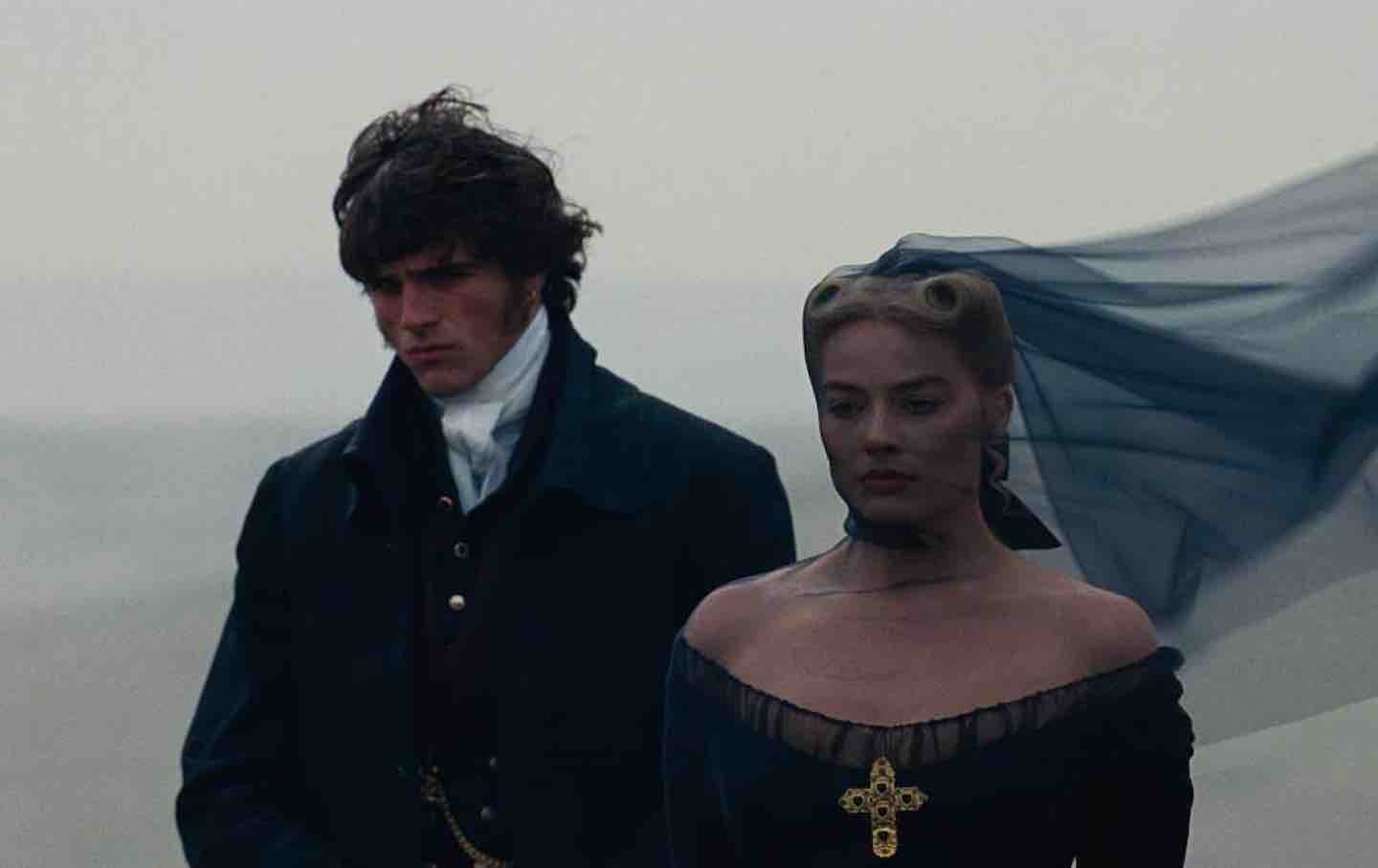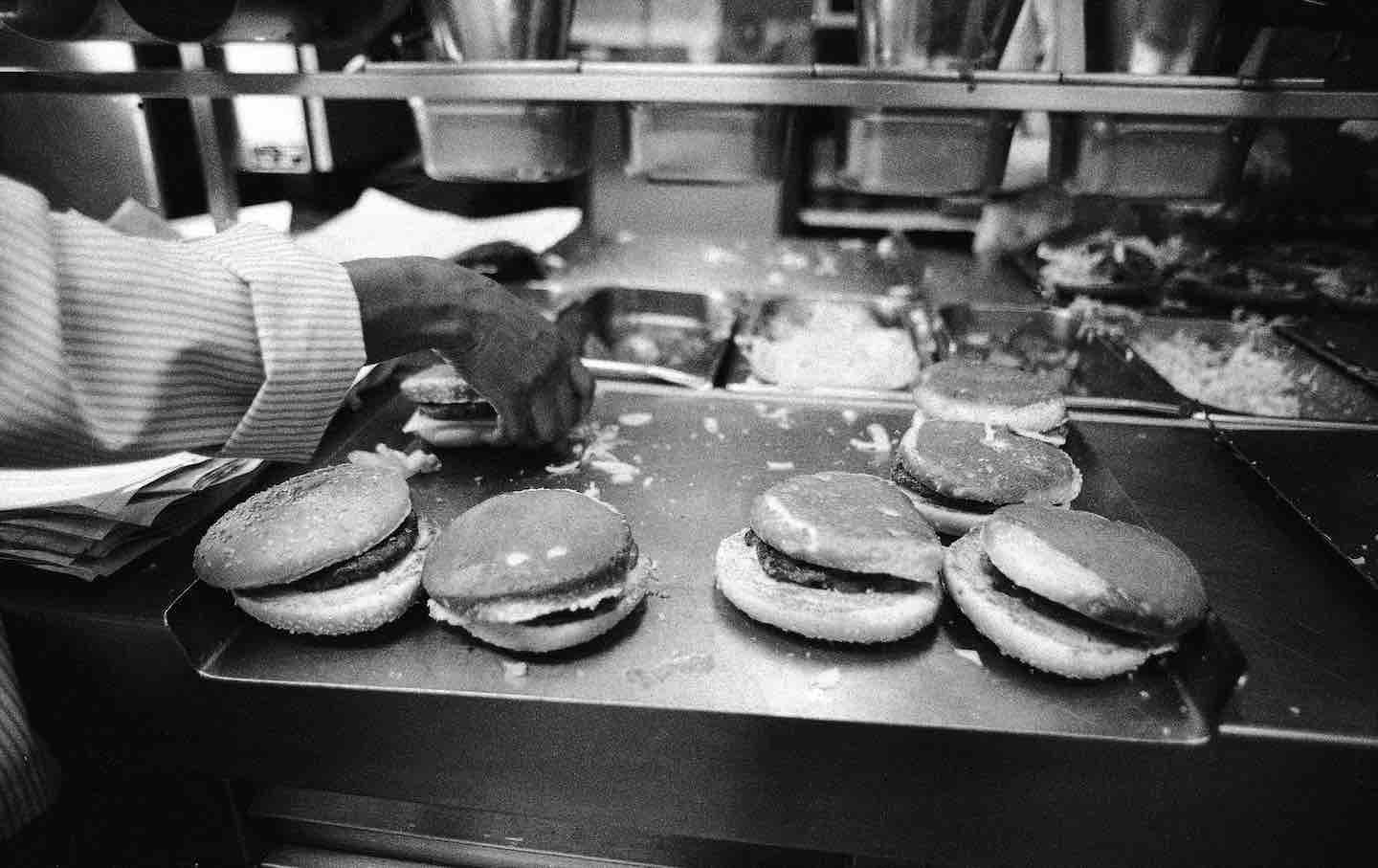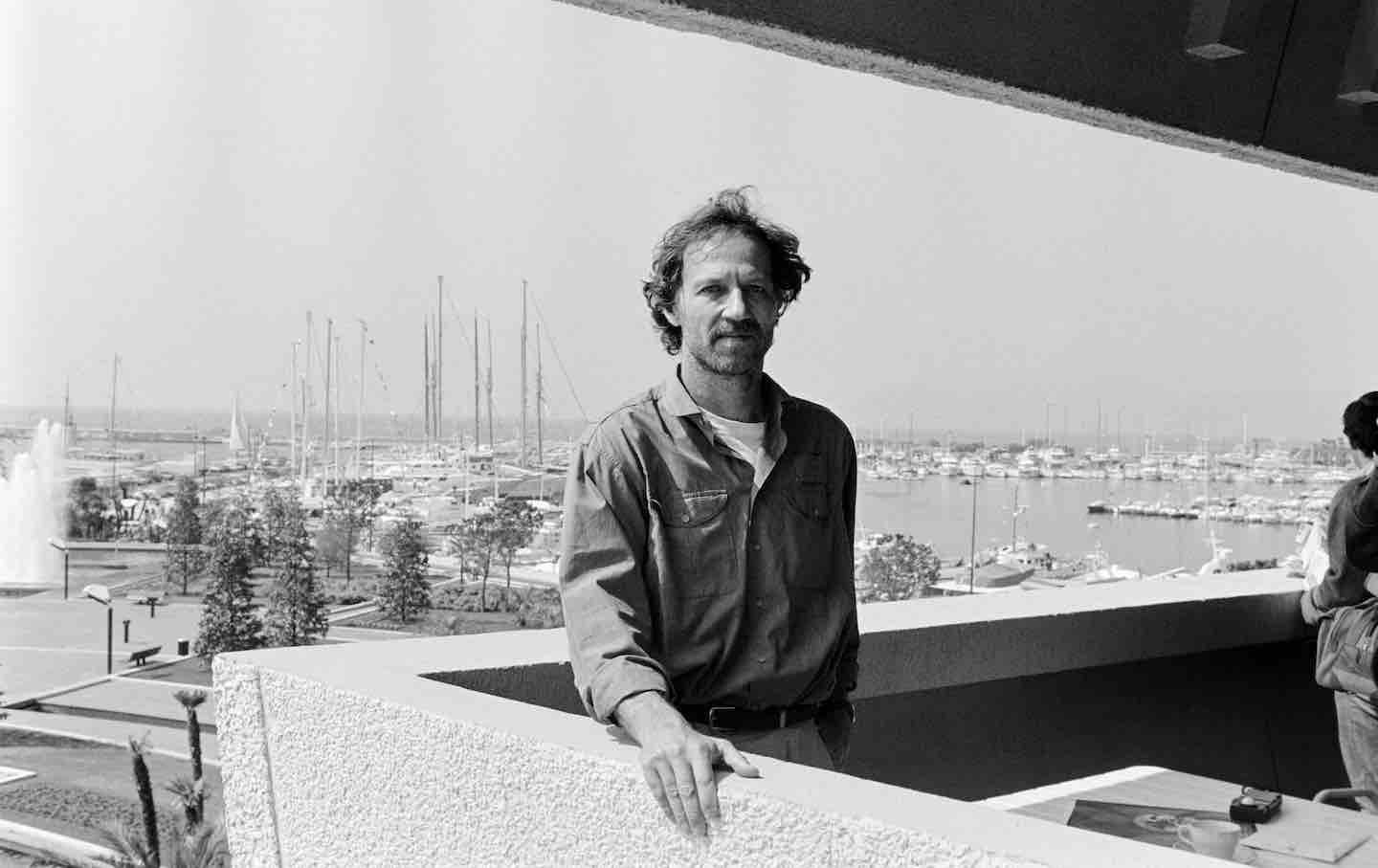The Caribou
Originally, the zoo was built to remind us
of our separation from nature.
There was no animal in the cage, just earth.
This reminds me
of Tony’s mom’s suburban lawn
in Madison, Wisconsin
overflowing with
native prairie grass
and signs from the city that read
“I am not insane.”
I keep the table in my closet
quiet and empty so it’s like
a cage of grass.
That’s where I write this poem now.
It’s Labor Day. Last night, The Caribou
was rammed with laughing people
none among us aware
of what a caribou really is—
how it lives, eats, feels, sleeps, talks, or dies.
I drank rainbow cans of beer
called Montucky Cold Snacks
with the astronomer
I share a blue house with.
He uses a radio
to map the Milky Way.
That’s the kind
of speechless life
a person craves—
where there is no cage
just ink and distance,
spots of light I won’t
ever understand and
beyond them the soft hair
around a black hole
remembering what it ate for lunch
20,000 years ago—sometimes,
me, too—my soft hair catches
the smell of what I cook or burn
and I walk around a record
for a while. But I’m on a leash –
presided over even when alone
by a voice in presidential moon boots
or the silk pants of a ringleader, controlled
by the fragrant ticket taker
who sleeps in the booth
in a chamber of my heart…
Support independent journalism that does not fall in line
Even before February 28, the reasons for Donald Trump’s imploding approval rating were abundantly clear: untrammeled corruption and personal enrichment to the tune of billions of dollars during an affordability crisis, a foreign policy guided only by his own derelict sense of morality, and the deployment of a murderous campaign of occupation, detention, and deportation on American streets.
Now an undeclared, unauthorized, unpopular, and unconstitutional war of aggression against Iran has spread like wildfire through the region and into Europe. A new “forever war”—with an ever-increasing likelihood of American troops on the ground—may very well be upon us.
As we’ve seen over and over, this administration uses lies, misdirection, and attempts to flood the zone to justify its abuses of power at home and abroad. Just as Trump, Marco Rubio, and Pete Hegseth offer erratic and contradictory rationales for the attacks on Iran, the administration is also spreading the lie that the upcoming midterm elections are under threat from noncitizens on voter rolls. When these lies go unchecked, they become the basis for further authoritarian encroachment and war.
In these dark times, independent journalism is uniquely able to uncover the falsehoods that threaten our republic—and civilians around the world—and shine a bright light on the truth.
The Nation’s experienced team of writers, editors, and fact-checkers understands the scale of what we’re up against and the urgency with which we have to act. That’s why we’re publishing critical reporting and analysis of the war on Iran, ICE violence at home, new forms of voter suppression emerging in the courts, and much more.
But this journalism is possible only with your support.
This March, The Nation needs to raise $50,000 to ensure that we have the resources for reporting and analysis that sets the record straight and empowers people of conscience to organize. Will you donate today?

